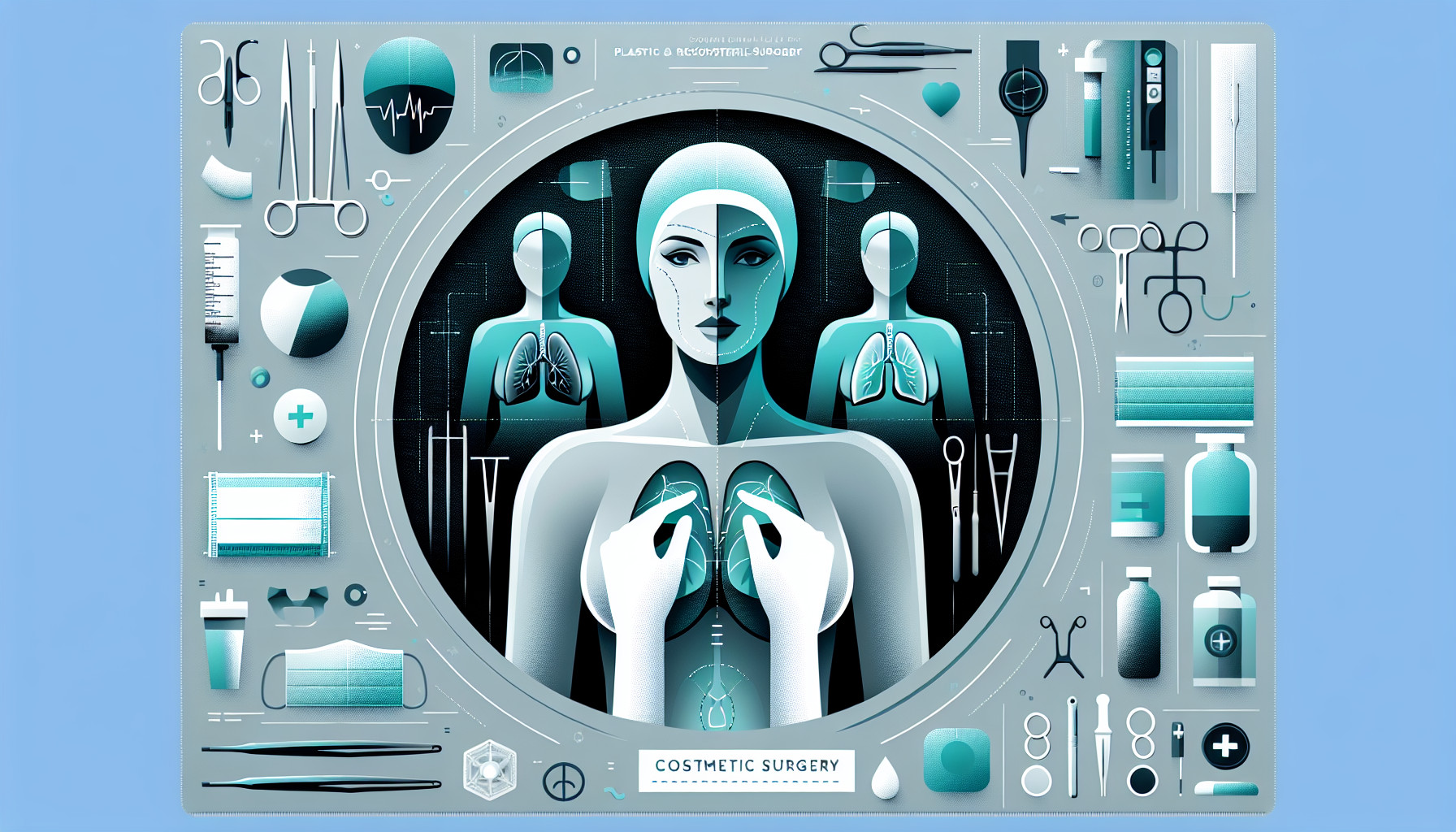Our Summary
This study looked at attitudes towards cosmetic surgery among women in China and the Netherlands. It found that worries about facial appearance and materialistic beliefs were common reasons for positive attitudes towards cosmetic surgery among all women surveyed. However, appreciation of their own body was a significant reason for Chinese women in both countries, while internalizing beauty ideals and age were significant factors only for Chinese women in China. The researchers discuss these results in the context of Chinese culture, trying to explain why Chinese women’s attitudes may differ from those of Dutch women.
FAQs
- What were the common reasons for positive attitudes towards cosmetic surgery among women in China and the Netherlands as per the study?
- What factors contributed to Chinese women’s attitudes towards cosmetic surgery according to the study?
- How did researchers explain the differences in attitudes towards cosmetic surgery between Chinese and Dutch women?
Doctor’s Tip
A helpful tip a doctor might tell a patient about cosmetic surgery is to have realistic expectations and to prioritize their mental and emotional well-being. It’s important for patients to understand that cosmetic surgery can enhance their appearance but it may not necessarily improve their overall happiness or self-esteem. It’s crucial for patients to have a positive body image and to seek counseling or therapy if they are struggling with their self-image. Additionally, patients should carefully research and choose a reputable and skilled surgeon to ensure the best possible outcome.
Suitable For
Typically, patients who are recommended cosmetic surgery are those who are seeking to improve their physical appearance and are bothered by specific features or imperfections that they would like to change. These patients may have concerns about their facial appearance, body shape, or signs of aging that they wish to address through cosmetic procedures. Additionally, patients who have realistic expectations about the outcomes of surgery and are in good overall health are often considered good candidates for cosmetic surgery. It is important for patients to have a thorough consultation with a qualified plastic surgeon to determine if they are suitable candidates for cosmetic surgery and to discuss their goals and expectations for the procedure.
Timeline
Before cosmetic surgery:
- Patient may experience dissatisfaction with their appearance, leading to feelings of low self-esteem and insecurity.
- Patient may research different cosmetic procedures and consult with a plastic surgeon to discuss their options.
- Patient may undergo pre-operative consultations and evaluations to ensure they are a suitable candidate for surgery.
- Patient may prepare for the surgery by following pre-operative instructions provided by the surgeon, such as avoiding certain medications and foods.
- Patient undergoes the cosmetic surgery procedure.
After cosmetic surgery:
- Patient may experience post-operative pain, swelling, and bruising as they recover from the surgery.
- Patient follows post-operative care instructions provided by the surgeon to aid in the healing process.
- Patient may experience emotional ups and downs as they adjust to their new appearance and overall satisfaction with the results.
- Patient may receive follow-up appointments with the surgeon to monitor their healing progress and address any concerns.
- Patient may enjoy improved self-esteem and confidence as they are satisfied with the results of their cosmetic surgery.
What to Ask Your Doctor
- What are the potential risks and complications associated with this cosmetic surgery procedure?
- What are the expected results and outcomes of the surgery?
- What is the recovery process like and how long does it typically take?
- Are there any alternative treatments or procedures that could achieve similar results?
- How many times have you performed this specific procedure and what is your success rate?
- Can I see before and after photos of previous patients who have undergone this surgery?
- What type of anesthesia will be used during the procedure?
- How much pain or discomfort can I expect during the recovery period?
- What is the cost of the surgery and are there any financing options available?
- How long will the results of the surgery last and are there any maintenance treatments required?
Reference
Authors: Wu Y, Alleva JM, Broers NJ, Mulkens S. Journal: PLoS One. 2022 Apr 21;17(4):e0267451. doi: 10.1371/journal.pone.0267451. eCollection 2022. PMID: 35446909
